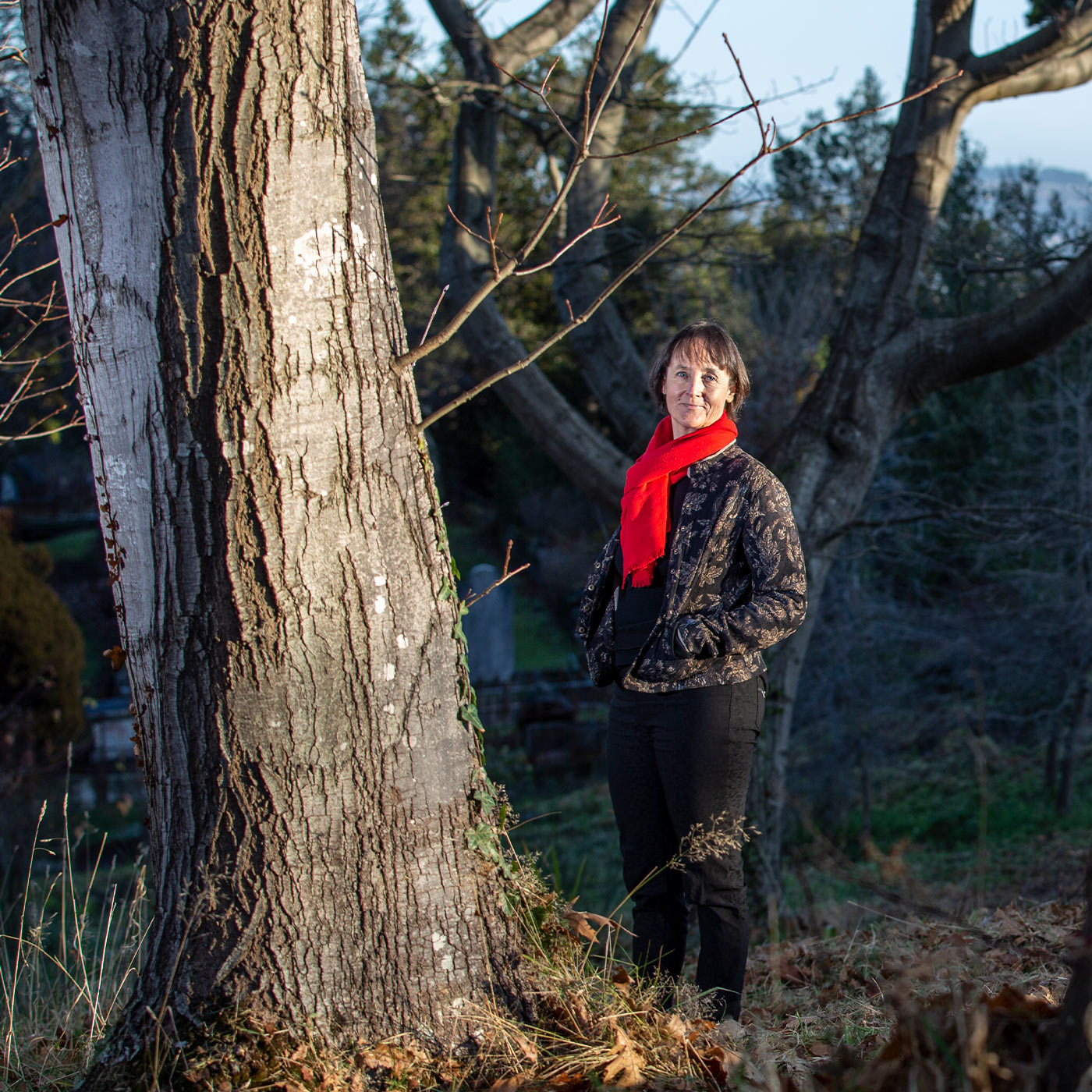Opinion
The sustainabilitycrisis& the role of research
As the sustainability crisis deepens, business-as-usual is no longer an option, says Professor Janet Stephenson. She argues that we have to radically change how we produce and consume – and that integrated research must play a key role in that.
Humanity is facing a sustainability crisis. Evidence from decades of painstaking research shows, beyond doubt, that human activities are causing the destabilisation and destruction of the natural systems upon which life and well-being depend. The impacts are already being experienced at both global and local scales, and Aotearoa New Zealand is no exception.
Climate change is the most far-reaching of these destabilisers. In August 2021 the Intergovernmental Panel on Climate Change released its Sixth Assessment Report on the physical science of climate change. It shows that greenhouse gas emissions have continued to rise despite three decades of global political agreements. We are now at the point where unless there are immediate, rapid and large-scale reductions in greenhouse gas emissions, limiting warming to close to 1.5°C or even 2°C will be beyond reach.
We have a narrow window for action over this decade. If we fail, we are then in daunting territory with likely tipping points into even worse climate extremes.
Alongside this, species extinctions are accelerating from a combination of climate change and habitat destruction. Scientists describe this as the globe's sixth mass extinction event, the first to be caused by human activity.
Indiscriminate resource exploitation and waste production are other human-induced destabilisers. Examples include the over-use of nitrogenous fertilisers and the proliferation of microplastic waste which, as recently revealed by research, is permeating oceans, soils and bodies.
Together, these destabilisers are already having significant economic, social and health impacts, particularly on those who are already less advantaged. While more research is required to better understand the causes and ramifications of the crisis, we need no further proof that the problems exist and are accelerating.
“Indigenous knowledge brings indispensable place-based knowledge, values and principles, and for Aotearoa it is critically important that our sustainability transition is informed by mātauranga.”
There is a single underlying cause: long-established systems of production and consumption that have ignored environmental limits and exploited certain groups of people for the benefit of others.
Continuing business-as-usual is not an option: we either have to radically change what and how we produce and consume, or even more radical changes will be forced upon us by an unravelling planet.
But the sustainability transition, as it is commonly called, is hugely challenging. It involves the transformation of entire sectors of the economy as well as changes in the everyday life of organisations and households. It entails major adjustments in governance, in how people and organisations think and act, and the beliefs and ideologies that impel them.
Even where the solutions are at hand, they are not necessarily easy to implement because of this complexity. This is where research is desperately needed.
All disciplines can contribute to the massive project of transition. Commerce disciplines have the expertise to work on how to re-shape practices in economics, finance, marketing and business that contribute to the crisis. Health sciences must find ways to maintain health and well-being as the environment continues to change. The physical sciences can help develop techniques and technologies to support the transition as well as improving our understanding of the problems. And the humanities can contribute to transformational change in fields such as governance, policy, communication and human behaviour.
Focusing our research to a particular purpose is not unprecedented. This was the case during World War 2, and to a significant extent during the COVID-19 epidemic. In both cases we were facing a shared and easily defined enemy. This time the “enemy” is dispersed throughout society: it is in the embedded and habitual activities of corporations, governments, organisations and consumers. Change at this scale will be a colossal task, and we need to collectivise our efforts to achieve it.
At the University of Otago, we have an extraordinary depth of discipline-specific knowledge that can be put to work for the sustainability transition. But academics have traditionally been rewarded for reductive, abstract, fragmented and inwardly-focused scholarship. Many of us who do research on sustainability transitions argue that researchers need new ways of working that are a better fit for the complexities of transition.
Indigenous knowledge brings indispensable place-based knowledge, values and principles, and for Aotearoa it is critically important that our sustainability transition is informed by mātauranga. Integrated research that brings together the expertise of multiple disciplines is essential to address all facets of sustainability problems. And researchers need to be prepared to step outside of the comfort of their disciplines to partner with others outside of the academy to ensure their work is relevant, accessible, actionable and a catalyst for change.
We have a very short window of time – just over a decade – to ramp up a research-informed transition. Not just to maintain and restore environmental systems, but to do this while addressing current and future inequalities, ensuring health and well-being, and developing sustainable livelihoods and resilient communities.
Otago researchers are stepping up to this challenge. In addition to the achievements highlighted in this issue of He Kitenga, the University has (at last count) 17 research groups (centres, themes and networks) focusing on different sustainability-related topics, and many sustainability-related research programmes. Most of these involve multiple disciplines and include mātauranga. But there is so much more we could do across the University's operations, research, teaching and service. I hope that in 20 years' time we can look back and say that as a University we did everything that we could to help secure a just and sustainable world for our students, for our communities and for future generations.
Professor Janet Stephenson is director of the University of Otago's Centre for Sustainability.
Professor Janet Stephenson: “We have a very short window of time – just over a decade – to ramp up a research-informed transition.”
